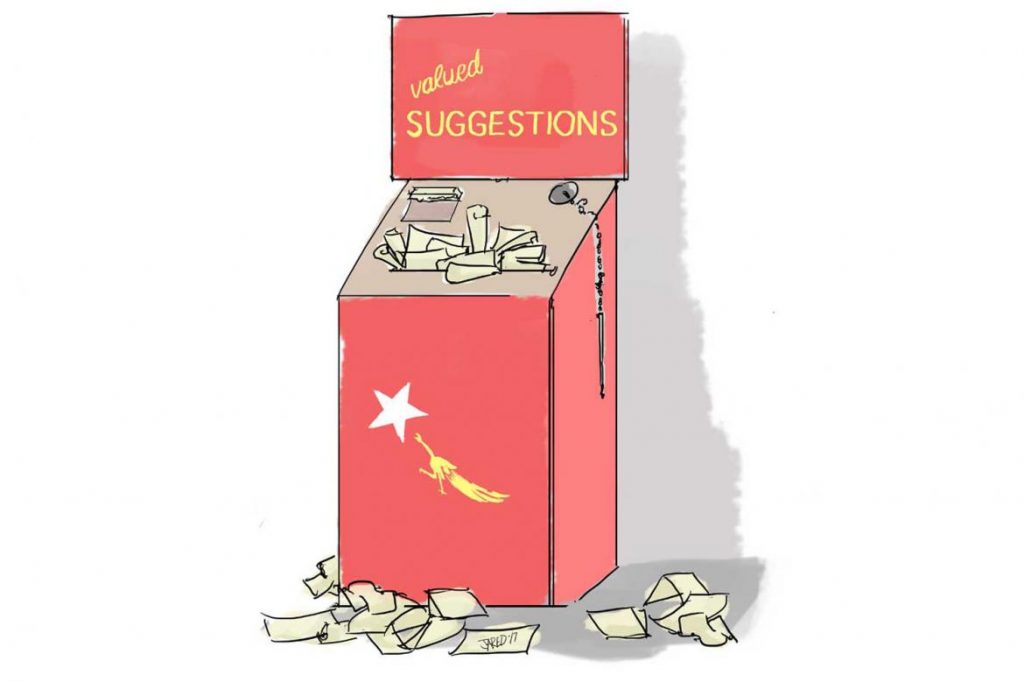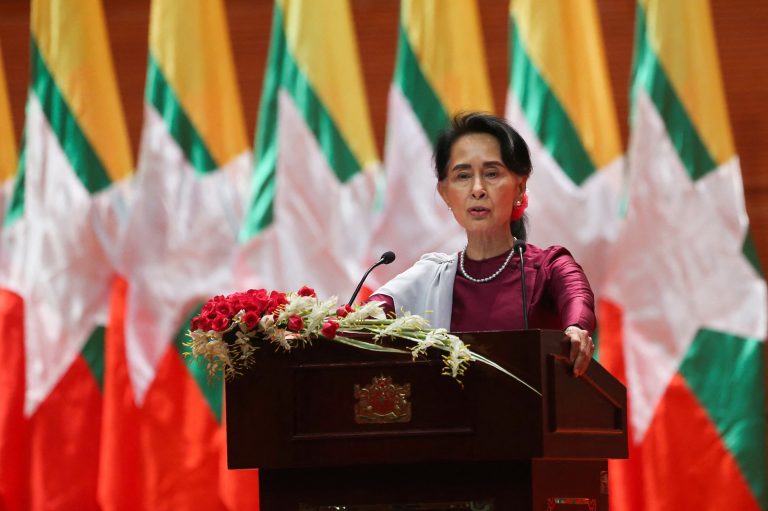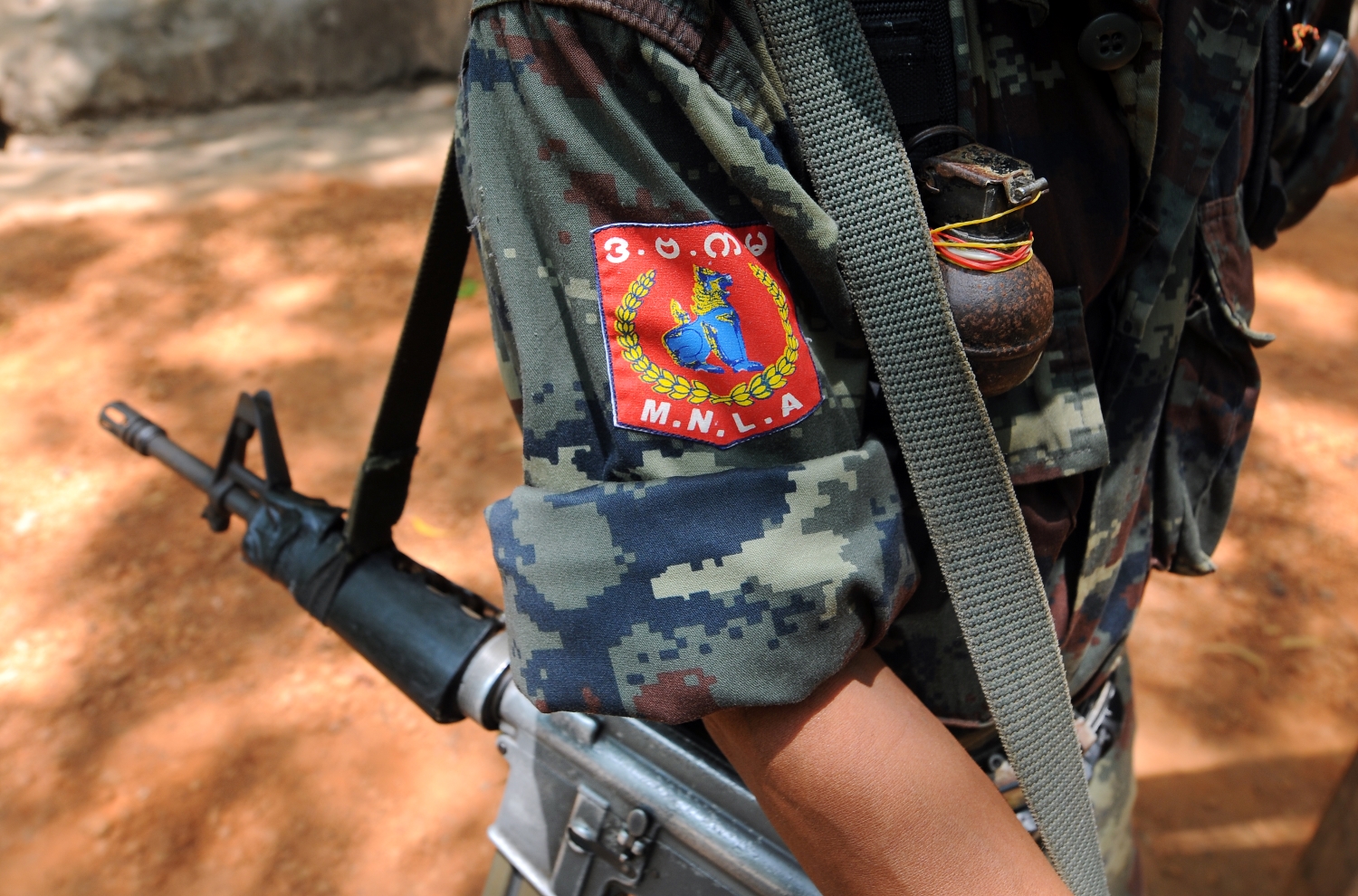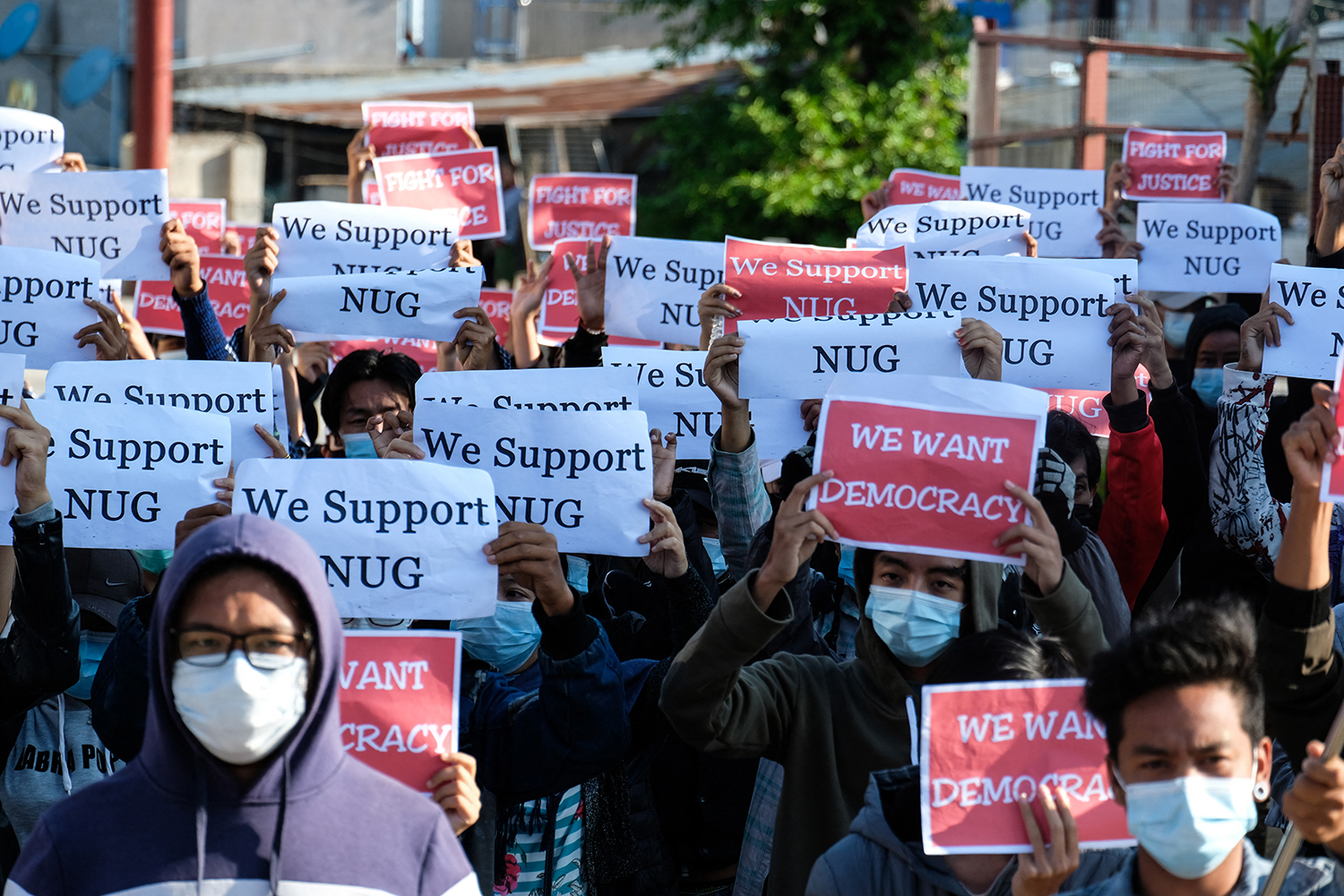There is little doubt that many more policies and laws are being drafted behind closed doors, or with minimal, ill-considered or token consultation.
POLICYMAKING is generally not an issue that gets people fired up, manning the barricades, their jinglee at the ready. This isn’t surprising. It’s just not the same as human rights abuses, nationalist bullying of minorities, high-level political dealings in Nay Pyi Taw or a precipitous decline in economic growth and job creation.
Except that it is – you just don’t realise it yet. The policies and laws being instituted and enacted today can have dramatic effects tomorrow.
Consider the Telecommunications Law. Remember how excited we all were at the prospect of foreign mobile operators sticking it to a complacent Myanma Posts and Telecommunications, after all those years it fleeced the people of Myanmar through criminally overpriced SIM cards?
But we overlooked that line in the law about defamation, and a three-year prison term. Even the lawmakers who reviewed the bill have admitted they paid little attention to section 66(d). After 50-plus cases and counting, nobody can say the same now.
So we hope you’ll forgive Frontier if we occasionally get a little agitated about policymaking, then.
Support more independent journalism like this. Sign up to be a Frontier member.
Lately we’ve had good cause to be a bit upset, because the bad practices of the past are being perpetuated under a government from which we expected better – a government from which we expected transparency and consultation.
Exhibit 1: The draft Law Concerning Foreigners and Foreign Worker Law. The first that most people knew of these laws was when they were published in state media, although both have been in the draft stage for several years – according to the Ministry of Labour, Immigration and Population, work began on the Law Concerning Foreigners nearly a decade ago. And yet, there’s little evidence that any consultation was undertaken whatsoever – certainly not with foreign businesses, who will be the most affected by the changes.
They have already protested a planned section of the Law Concerning Foreigners that would require Foreign Registration Certificate-holders to seek permission from a township registrar to travel away from their residence for more than 24 hours. The ministry has said that most of the rules are already in place but not being enforced. Myanmar already has enough unenforced and unenforceable laws on the books – do we really need more?
Exhibit 2: The by-laws for the Rights of Persons with Disabilities Law. A requirement that businesses and government departments ensure that two percent of all positions are filled by people with disabilities seems good in principle. And then you think about actually trying to do it, and it doesn’t seem like such a good idea anymore. Aside from the myriad practical issues, are there even enough people with a disability to fill the positions?
According to the census, 4.6 percent of the population has at least one type of disability. But disability collates closely with age so the rate among those aged 15-64 is significantly lower. This by-law would have big implications for businesses, but it appears only the Union of Myanmar Federation of Chambers of Commerce and Industry was consulted to gauge business opinion on the proposed draft.
Exhibit 3: The Myanmar Investment Commission draft order banning foreign investment in certain sectors. Even an MIC official conceded they hadn’t held enough discussions with “real business leaders and experts representative of all sectors”. Enough said.
This is an unscientific sample – just the few cases that Frontier is aware of and has reported on. There is little doubt that many more policies and laws are being drafted behind closed doors, or with minimal, ill-considered or token consultation.
And that should make us very concerned, because the less consultation that is conducted, the more likely we are to end up with another 66(d), 5(j), 17(1), 505(b) or 2/88 on our hands.
This editorial originally appeared in the March 16 edition of Frontier.







